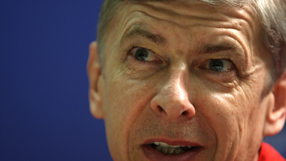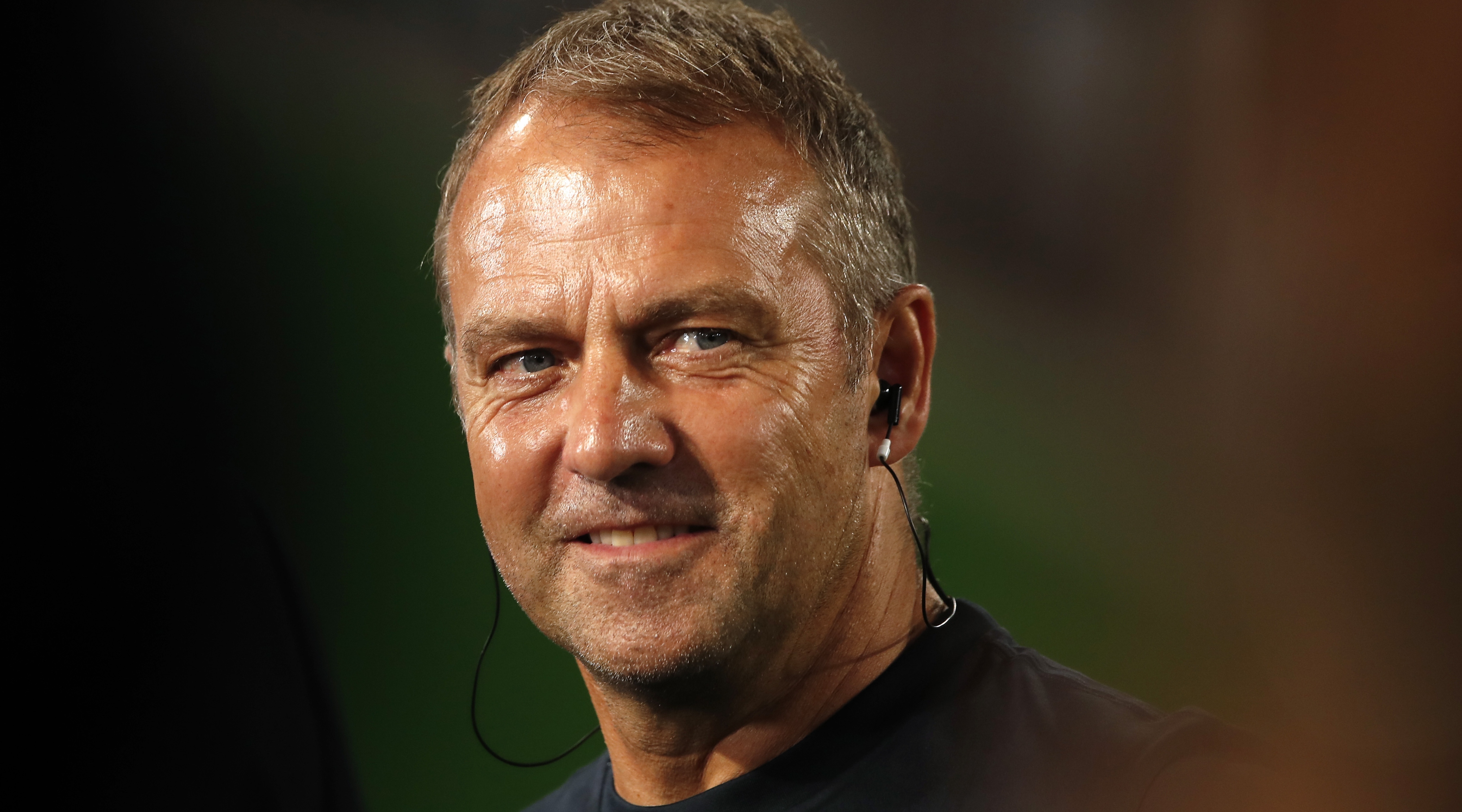Wenger: Psychology has central part to play
Arsenal manager Arsene Wenger has revealed that a positive mentality is the magic ingredient behind the Gunners’ endearing free-flowing football.

The Frenchman's side have made an inspired start to the league campaign and have, somewhat surprisingly, emerged as serious challengers in the title race.
The Gunners have scored 36 goals in their opening 11 games and their attractive play has won them countless accolades.
And Wenger – who arrived in England as a relative anonymity in 1996 – believes that psychology has a central part to play in his side’s recent success.
“For it to work, players must take themselves available for the ball,” he told French radio.
“That’s where top-level sport becomes really interesting, in finding a way to have the team in a position of psychological comfort so that they can offer solutions.
“Because you know that, when doubt creeps in, the green lights become red lights.
“Because each player takes fewer spontaneous initiatives and, all of a sudden, it’s absolutely unbelievable at what speed all those lights become red and the player with the ball finds himself in the s***.
The best features, fun and footballing quizzes, straight to your inbox every week.
“Doubt is the key enemy of our game but, eventually, we must at the same time give our team the sense of availability.
“And, on a psychological level, we must give them a taste for audacity and for developing connections between each other.”
Wenger - nicknamed ‘The professor’ - has picked up three league titles during his reign in North London but has received criticism following a four-year barren spell which has seen the Gunners fail to win any silverware.
Questions have also been raised due to Wenger’s hesitance to add big name signings in the transfer market, as Arsenal have struggled to boast the finances matched by their fellow title rivals.
The Frenchman, however, believes the key in building a successful side is to keep the squad together without frantically buying and selling players.
“When you change more than three players from game to game you take a technical risk.
“The balance of a team doesn’t depend on one player but if you change three it’s a grave risk, not only in a game but also in signing players.
“Sometimes when the players are extremely intelligent they adapt very quickly and it can also click very quickly. But it’s rare.”
Gregg Davies is the Chief Sub Editor of FourFourTwo magazine, joining the team in January 2008 and spending seven years working on the website. He supports non-league behemoths Hereford and commentates on Bulls matches for Radio Hereford FC. His passions include chocolate hobnobs and attempting to shoehorn Ronnie Radford into any office conversation.
 Join The Club
Join The Club






